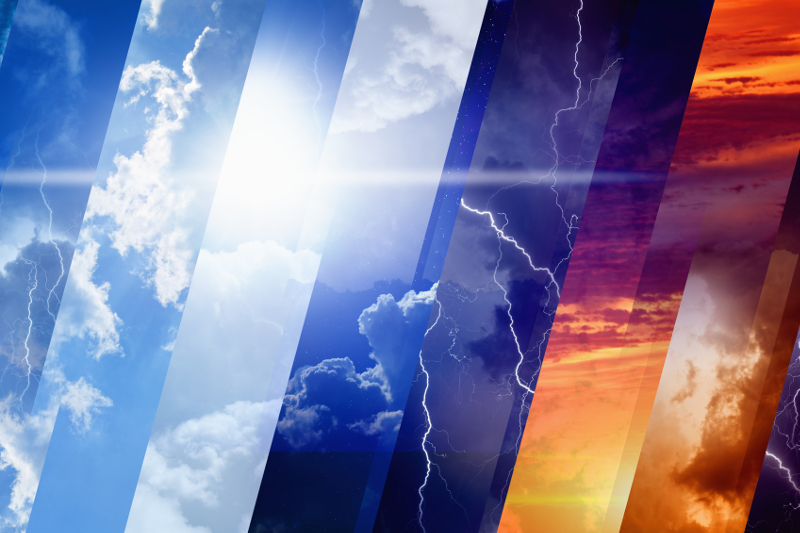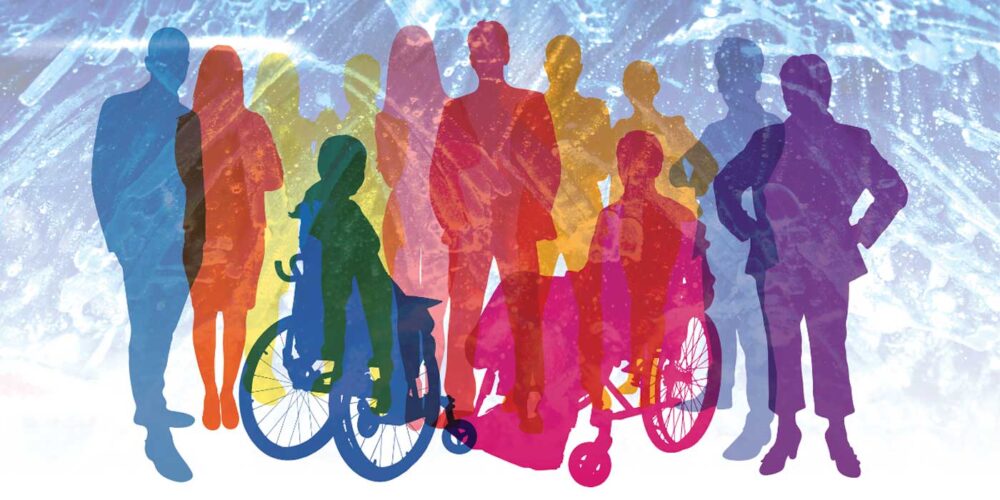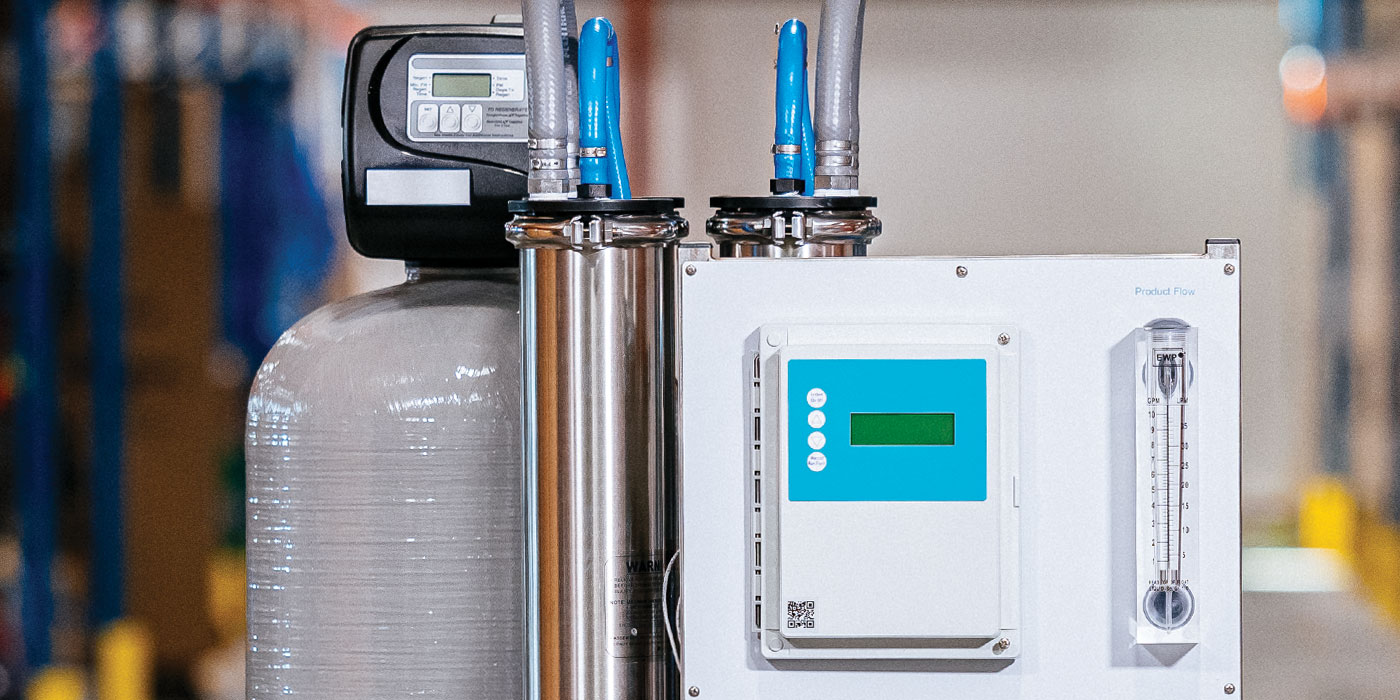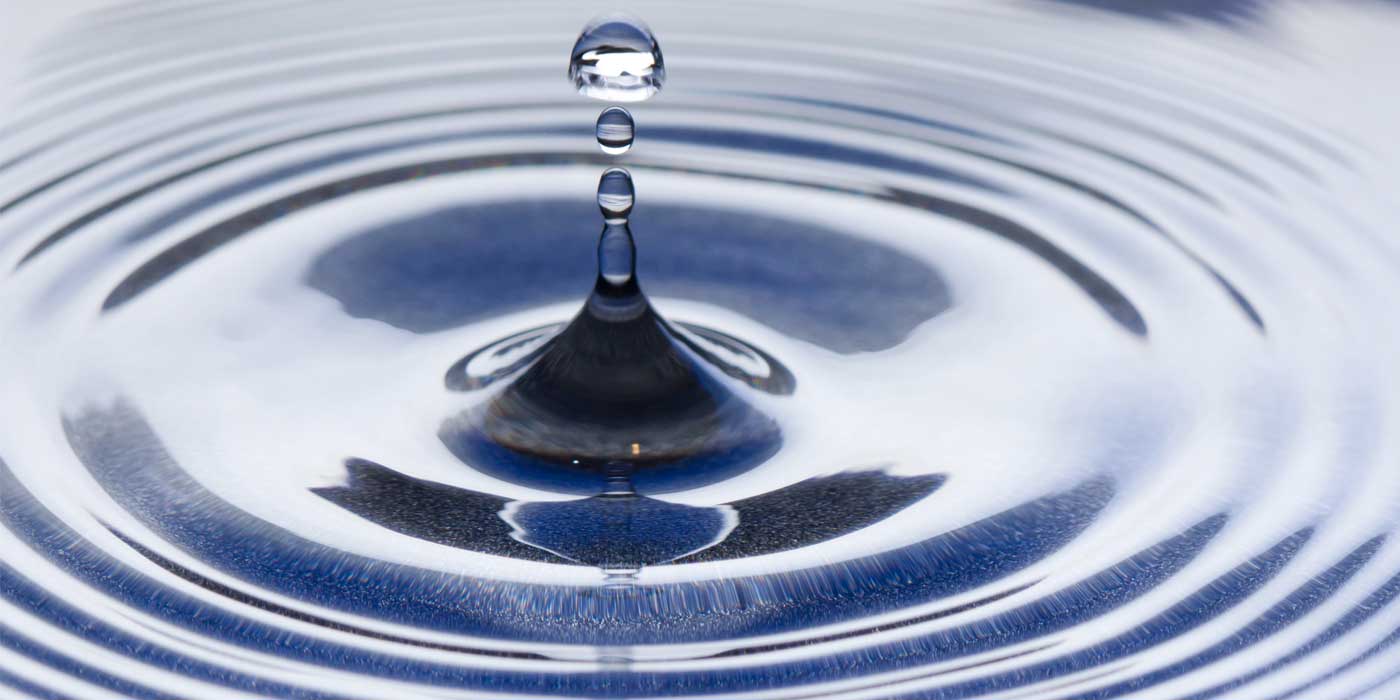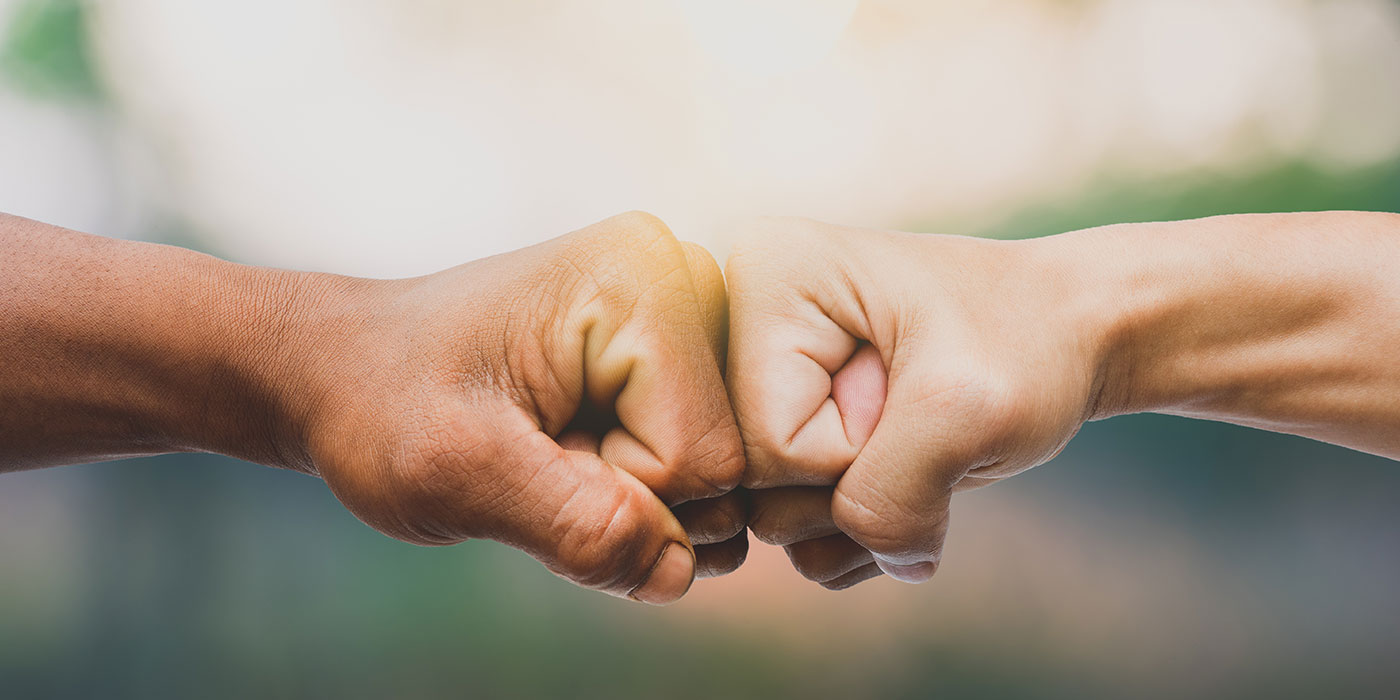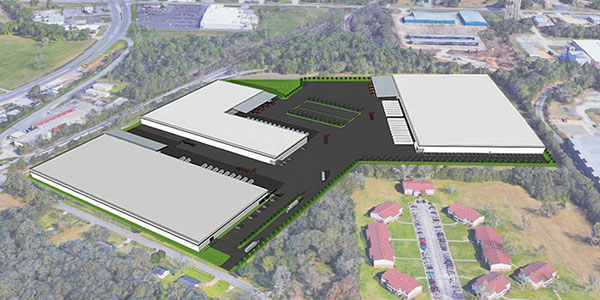Everybody needs to wash their cars, regardless of where they live. However here in the U.S., there’s so much variance between regions that no one-size-fits-all wash process exists.
Weather conditions on one side of the country can be completely different than conditions on the other side. In the Northeast, winters can be an incredibly tough time to wash cars. And the heat in the Southwest can make washing, especially by hand, almost unbearable.
If you’re setting up a carwash, you need to be aware of a few things to look out for that are unique to your region.
What’s the best way to wash cars where you live? Well, read this article for some region-specific tips.
The Northeast: Snow, sleet and ice
While the Northeast typically sees moderate snow in the winter and not-too-hot summers, cleaning cars can be a hassle, especially in the winter. A mix of sleet, snow and ice makes cars look like they just drove through the abominable snowman’s lair; and what’s worse, the road salt can stick to cars long after they drive through it.
However, the dirty cars and road salt concerns create huge profit potential for carwashes in these areas. And, winter is often one of the busiest seasons of the year for washes in colder climates.
Touchless carwashes can be a good solution to operators located in this region. However, if you have this wash type, a good rule of thumb is to make sure to keep your tunnel above 40 degrees before washing any cars — because customers’ doors and locks could freeze if temperatures are any colder. In fact, some carwashes may choose to close up shop when temperatures are near, or below, freezing. This is why having reliable, high-quality doors and equipment are good investments.
Moreover, offering undercarriage services is absolutely essential for carwashes in the Northeast. These services clean any salt residue from under a car, which helps prevent rust and corrosion. If you’re doing the service by hand, take some extra time to spray under the car. Otherwise, that salt can stay caked on for a long time, slowly eating away at the metal.
When it comes to the interior, vacuum the carpets and use a general cleaner on the plastic parts, as usual.
The Southeast: Heavy rain
While it’s almost always warm in the Southeast, storms roll through more frequently, often bringing downpours with them that can do a number on cars if drivers are not careful.
Make sure your customers fully understand why a free “rain wash” isn’t the same as a professional carwash.
Rain contains pollutants from the air, which is known as acid rain. I am not referring to the terrible acid rains that have happened in the past with massively high acidic content. Normal rain is not that bad, but still contains acid. When it sits on cars for an extended amount of time, it can leave behind residue, which can eat away at a car’s finish.
Likewise, if you’re in a humid area, cars take longer to dry naturally, which means a higher chance of residue. To prevent this, encourage customers to wash their cars up to 10 days after a storm.
Make sure to use high-quality, clean water; and don’t use any chemicals that might strip away the wax from a car’s finish. Also, encourage customers to wash their cars often to keep the rain from sitting on the surface of their vehicles.
The Southwest: Droughts and heat
Warm, sunny weather in the Southwest entices many car owners to frequent local washes. However, there are some issues you should watch out for when washing cars in the heat.
The soap and water residue can quickly dry onto a car’s surface, leaving streaks and marks that can be hard to remove, as well as dissatisfied customers.
Test out soaps specific, or suitable, for use in the heat. These soaps have a neutral pH and a natural-ingredient formula.
Also, make sure to use clean, soft water, rather than hard water, to wash cars. Deposits in hard water can linger on your car’s surface long after you rinse.
Another tip to beat the heat is to move cars to an area on-site with better shade, which can help reduce water spots when washing and help safeguard a vehicle’s surface from potential damage caused by the sun/heat.
The Midwest: A mix of storms, wind and heat
Living in the Midwest can be troublesome — you have to deal with just about everything that’s mentioned above. Winters can be extremely long and harsh, which means customers will come in with road salt for a good four or five months straight; so it’s crucial to offer undercarriage services during this time of the year.
The poor weather can also cause people to not wash their cars as often with the thought of “it’s only going to get dirty again.” However, make sure customers know that they should actually wash their cars more often because of the salt and dirt.
In the summer, you may have to deal with extreme heat, just like the Southwest, so try using neutral chemicals/soaps.
Also, washing cars early in the morning or evening is a good practice during the summer months, so consider offering “early bird” or “late night” promotions to try to encourage more customers to frequent your carwash during these times.
One other thing to watch for is storm and wind damage. Midwest storms can bring hail or debris that can dent cars. When water is pooled in those dents, it can lead to rust. For this reason, carwashes in this region should consider offering rustproofing services.
Follow these regional carwashing tips, and your customers’ cars will look like new in no time, leading to happier customers and more profits.
Scott Huntington is a writer and automotive enthusiast from Harrisburg, Pennsylvania. Check out his blog Off The Throttle at www.offthethrottle.com, or follow him on Twitter @SMHuntington.

